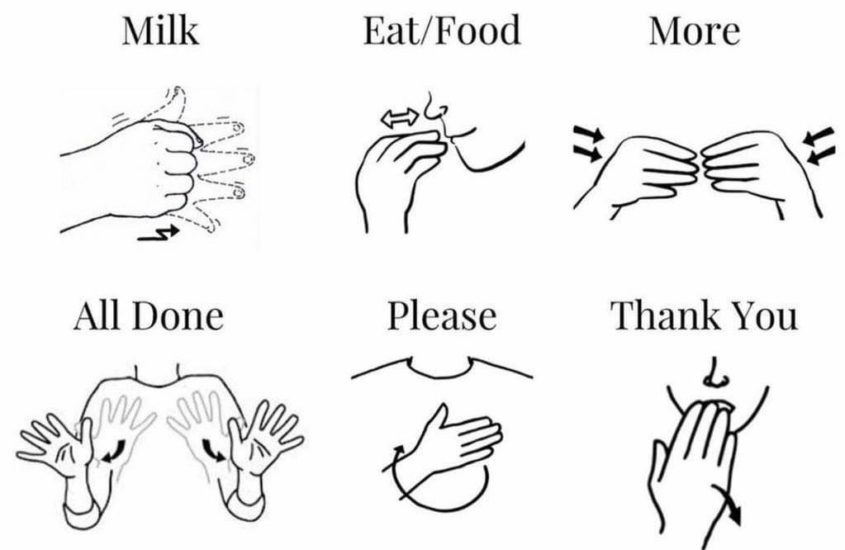Speaking their Language

We are beyond thankful that our boys are verbal as we know so many kids on the spectrum and with other disabilities that can vocalize only very little or even not at all. But even though my boys are able to communicate there are still often many barriers in communication, especially for those that may not “speak their language”. This happens a bit with both of our boys but more so with our oldest Damion. So today I want to talk a bit about scripting, functional scripting and overall how to “speak their language”.
Scripting
Autistic scripting is basically reciting lines of speech in a repetitive manor. These “scripts” could originate from movies, books, songs, things other people have said, anything really that the autistic person may have heard. Scripting many times, especially if it is a phrase that the autistic person likes can actually even be a form of stimming. Sometimes this scripting is done in a way that repeating these lines of speech really means nothing overall in their everyday communication, basically saying phrases that they like but aren’t relevant. Other times it can fall into the category of what I like to refer to as functional scripting.
Functional Scripting
I am not sure if this is the actual term for what I am referring to, or if there even is a defined term. I don’t believe I was the one who made up the term “functional scripting” as I believe I heard it originally from one of Damion’s providers over the years, but the term and their explanation has always stuck with me. Functional scripting, unlike the type of scripting that doesn’t really add overall value or true input into the conversation, is a way of communicating that allows an autistic person to use the phrases that they have heard before to help them actually communicate. Sort of like they have a file cabinet full of phrases inside their brain and they access the most relevant line of speech for what they want to try and say. To me, it is a level much higher than that of just typical scripting as it serves at least a way to verbally communicate what they want to say.
Speaking their language
Damion does engage in some basic scripting and for him it does end up being a stim. But more often then not he engages in functional scripting. Sometimes his functional scripting is very on point and anyone can understand what he is trying to say, sometimes it is more difficult especially because of how he sets up his phrasings. Those more difficult set ups can often be understood by us or the people that work with him often, but many times I find myself falling into the role of an interpreter to help people understand what he is trying or not trying to say. Let me give you some examples.
Many times he phrases things as questions instead of the normal “I” sentences. An example I often use for this particular type of phrasing is a story that his aid told me about when they went to visit Pizza Hut on a school trip. He ate his two pieces of pizza, then looked at her and said “Are you full?”. He wasn’t really asking her if she was all done but instead wanting to say “I am finished”. You see he said the phrasing as he had heard it originally said to him. She understood what he was saying but many others in that same situation would just answer his question not realizing what he was actually trying to to say. This way of “speaking in reverse” definitely takes some getting used to and is often one of the more confusing forms of scripting that Damion does.
Another example seen a lot in our house for functional scripting actually comes from our other son Drew and comes from not understanding how to always express feelings. When he gets in trouble or someone raises their voice he will start crying, but if you ask him what is wrong he will not say that he is sad or that his feelings are hurt. He will instead say that his finger hurts. Obviously nothing has happened to his finger but that is his best way to functional script that he is sad in his own way.
My third and final example of scripting is another one that comes from Damion and has been a big issue lately and occurs when flustered or upset that can be misinterpreted by many. This one sort of falls somewhere between basic and functional scripting. Every few years Damion finds a “reoccurring fascination” for the Shrek series. We are currently in that state again where he is often requesting to watch Shrek for his movie choice. Well, when Shrek and Donkey get into an argument in the movie, Shrek says “you shut up” to Donkey. Along with many other scripted phrases from Shrek, this has unfortunately become a frequent script that he uses when someone tells him something that he doesn’t like. I know that he is not really telling someone to shut up, but more just wanting to say that he is upset or unhappy with something, but many other people don’t realize that and either take offense or have strong opinions about this response. I don’t get quite as worked up about it myself since I understand that it is just another form of his scripting, but obviously because it is not a nice phrase and is often problematic we have been working hard to get this bit of scripting out of the current pool of phrases. But just like everything else, we know it will take some time.
This is a brief overview of scripting and how it translates into the communication for our boys, but I think you can at least get the idea. Scripting is the primary way that Damion is able to verbally communicate, thankfully the majority of the time it is functional scripting which to me is a much more productive. I am not sure that Damion will ever fully be able to hold complete conversations without at least some forms of functional scripting, but that file cabinet of phrases gets bigger all the time, adding plenty to his vocabulary to be able to contribute to a conversation. We still have plenty of progress that we hope make in our boys ability to verbally communicate, but we are so thankful that they have the ability and that we can “speak their language” more often than not.




